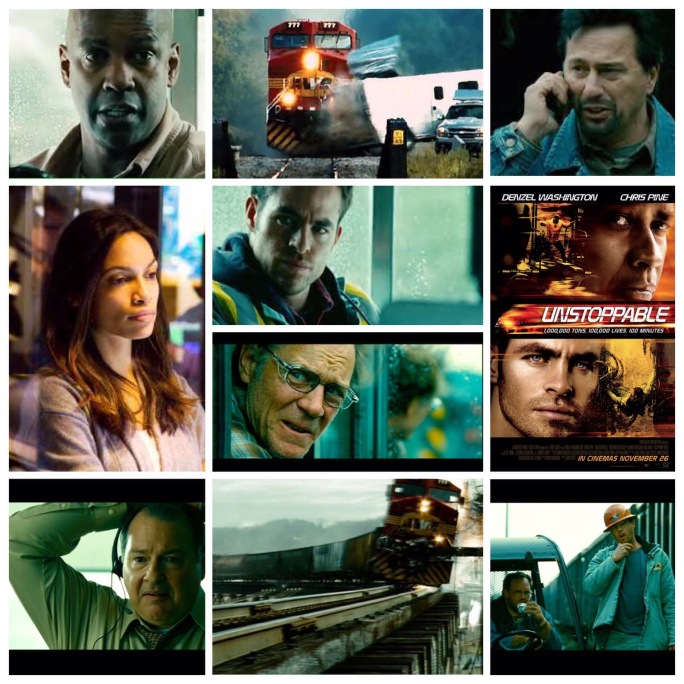
Martin Scorsese’s The Departed is like being at a frat party where you slowly begin to realize that every other person there is an irredeemable asshole, but they’ve somehow strung you along with charm and charisma thus far. Like a nihilistic den of wolves where everyone involved is out to get each other, its quite simply one of the most hellbent, devil may care, narratively self destructive crime flicks out there. I admire that kind of reckless abandon in a huge budget Hollywood picture with a cast so full of pedigree it’s almost like The A list agencies just packed up all their talent in a clown car, drove it to South Boston and turned them loose on the neighbourhood. By now you know the fable: Two roughnecks, one a mobster (Matt Damon) who has infiltrated the state police, the other a deep cover operative (Leonardo DiCaprio) who is posing as a crime figure. Both are are intrinsically connected to Boston’s most fearsome gangster Frank Costello, played by Jack Nicholson in a performance so balls to the wall one almost feels like his 89’ Joker ditched the makeup and left Gotham for Southie. He’s a calculating maniac who openly mocks the veteran sergeant (Martin Sheen) putting in every effort to take him down, and rules over his vicious soldiers (Ray Winstone is a homicidal bulldog and David O’ Hara gets all the best comic relief) like a medieval despot gone mad. At well over two hours, not a single scene feels rushed, drawn out or remotely dawdled, there’s a breathless tank of violent machismo and wicked deception that never runs out, as the artery slashing editing reminds you every time it cuts to a new scene before the soundtrack choice has made it past the intro. The supporting cast has work from the gorgeous Vera Farmiga as a sneaky cop shrink, Anthony Anderson, James Badge Dale, Kevin Corrigan and more. Mark Whalberg also shows up to do the bad cop routine in a role originally meant for Denis Leary, and as solid as he is I kind of wish old Denis took a crack at it because you can obviously see how perfect he would have been, and is the better actor. As much as Jack Nicholson eats up the spotlight and chews more scenery than the T-Rex from Jurassic Park, my favourite performance of the film comes from Alec Baldwin as the head of the police tactical team. Spouting profanity like a fountain, slamming Budweiser as he swings his 9 iron and kicking the shit out of his employees, he’s a mean spirited, violently comical force of nature and I fucking love the guy. Scorsese has clearly set out to not deliver a heady message or lofty themes here as some do with crime epics; the characters all operate from the gut, use animal instinct and never pause to ponder or pontificate. The only message, if any, is the oft spouted ‘snitches get stitches’ as you can clearly see by the film’s final shot, also the only frame containing anything close to a metaphor. I admire a film like that, and certainly enjoyed the hell out of this one.
-Nate Hill










